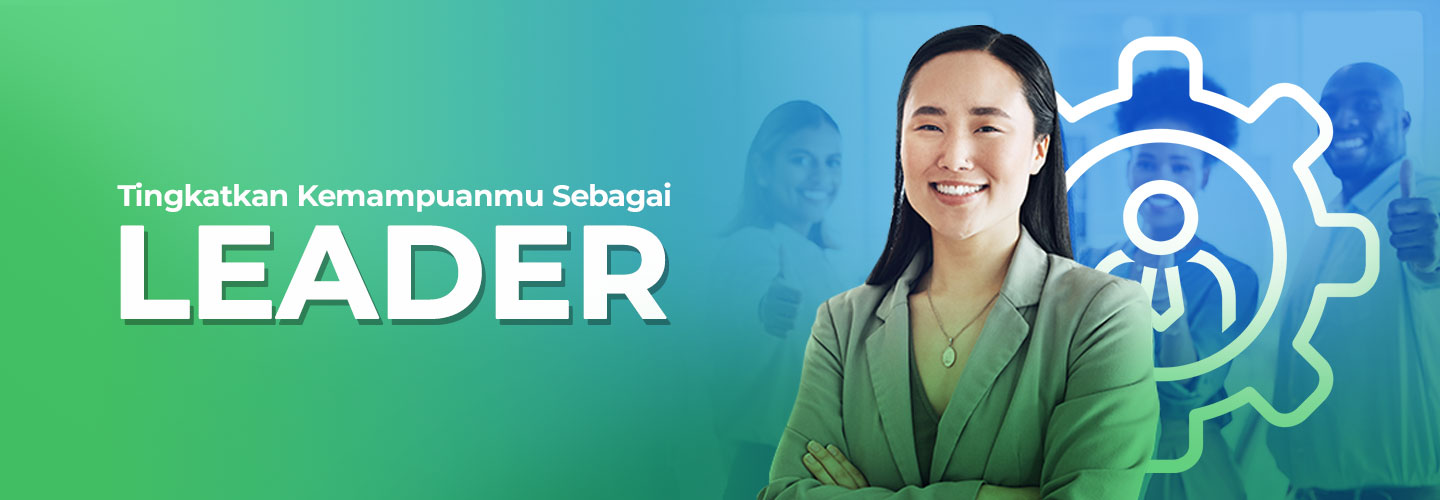How to Improve Your Leadership Abilities

The role of a leader in a company has a significant impact on a business. According to former President and CEO of the Business Development Bank of Canada, Jean-René Halde, building leadership capacity in companies is even more important in turbulent economic times.
Through the same source, Halde also revealed the high failure rate among small businesses in Canada due to a lack of leadership in key areas such as human resource management, strategy, and soft skills such as communication.
Companies with a strong leadership concept will be able to increase productivity to achieve their goals. Likewise, employees may show great interest in their professional development.
How to Enhance Strong Leadership
Leadership plays an important role because it allows a department to create a positive work environment. In this situation, employees will feel supported and motivated to carry out their responsibilities. Therefore, every leader can improve their leadership abilities in the following ways:
1. Set short-term goals
Setting short-term goals helps organize resources and determine which tasks should be prioritized. This allows you to create constructive long-term career goals.
You can also explain the main components of an ideal job to compare with future job listings. Listing the things you want to achieve in your career can also make it easier for you to find out your passion.
2. Be an active listener
Being an active listener allows a person to use effective communication skills by forming a bond. When doing it with teammates, it can encourage positive interactions.
This can help a department to collaborate on projects effectively. You can also learn valuable insights from other professionals in your industry to increase your knowledge in a positive way.
When talking to a coworker, try to focus on their response before preparing your own. Ask them clarifying questions about specific instructions that could improve overall department efforts.
3. Know the weaknesses and strengths of delegating
A good leader must also be aware of his or her skills and personality. People who are able to recognize strengths and weaknesses in teamwork will be better able to focus on the best things that need to be done. That way, you will also be able to pinpoint areas that may need help.
This is also not limited to internal needs, you may be able to fill skills gaps by hiring external consultants. According to Halde via BDC, a person cannot do everything himself. Failure to delegate is perhaps one of the biggest challenges for many entrepreneurs.
It's important for business owners to recognize the skills of others on their team and capitalize on those strengths. Delegating tasks can show that you are also developing employee potential. This will provide very important benefits for long-term stability, especially when faced with challenges.
4. Get professional experience
Gaining professional experience allows you to improve your skills and practice working methods in different environments. As a result, you can become a more proactive leader and strengthen managerial skills such as strategizing new workflow ideas.
5. Ask for input from others
Asking for input (feedback) from others can help you gain feedback on your profession and encourage the evaluation process. This allows you to remain open to changing perspectives on being a leader.
This can be the first step to finding a new leadership method that aligns with your characteristics and value system. The desire to improve can also shape you as a better team member by encouraging open communication practices.
6. Recognize opportunities
While goals and skills remain, stay alert for opportunities for new assignments or new jobs to emerge. Being aware of these opportunities can help you find a leadership role and achieve your career goals.
For example, it may be helpful to regularly review job listings to see the availability of positions that suit your goals. You can also ask your supervisor or mentor at work about opportunities to demonstrate leadership qualities that can encourage positive communication.
7. Keep an open mind
Try to keep an open mind about new ideas for the workplace. These ideas can help improve your company's workflow processes and better understand the value of your professional skills in developing leadership capabilities.
You can also earn respect by encouraging your teammates to recognize their skills and capacity for growth. Those ideas allow you to use existing methodologies to apply them in new contexts.
8. Track your progress
Tracking your personal development and progress can help you understand your long-term career achievements. This process can also increase your motivation to achieve a goal. Try recording short-term goals in a spreadsheet or calendar and note the completion date. You can also explain the method and reflect on areas of improvement that can be found through a particular process.
Developing a leadership attitude cannot only be done by a manager or division leader. Developing this attitude must be done with the support and involvement of team members. To learn the right methodology for responding to crisis situations and organizational dynamics, you can get it through the First Line Leadership program.